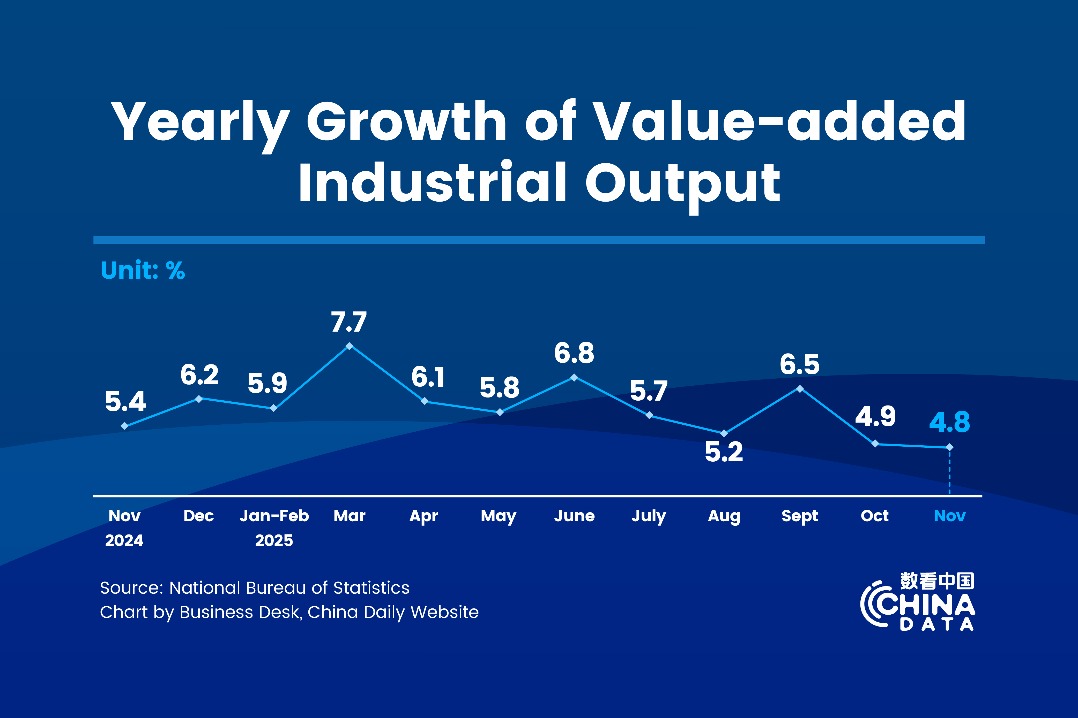Silk Road e-commerce sees business opportunities


Business opportunities can be explored in developing Silk Road e-commerce, which will help address Chinese consumers' increasingly sophisticated demand and facilitate the development of digital economy in countries participating in the Belt and Road Initiative, said experts and company executives on Friday.
They made such comments during the Silk Road E-commerce Think-Tank Forum jointly held by the Fudan Institute of Belt and Road & Global Governance and the commerce commission of Shanghai's Yangpu district on Friday.
Chen Wenling, chief economist of China Center for International Economic Exchange, pointed out that China's trade value between Russia exceeded $240 billion last year, while that between Central Asian economies was less than $100 billion, alluding much room of growth.

As she has noticed, efforts have been made in this regard. Xinjiang Uygur autonomous region, which is geographically closer to the countries participating in the Belt and Road Initiative, especially to the Central Asia countries, has seen the settlement of more carmakers and ultra-high voltage power transmission companies. More experiments can be made in the e-commerce sector to further boost growth, she said.
Farrukh Khakimov, head of the department at the Development Strategy Center of Uzbekistan, said that the digital economy only accounted for 2.77 percent of the country's economy in 2022, which has increased from 1.99 percent of 2020. The smaller size can also be interpreted as a growth prospect. Therefore, Uzbekistan can team up closer with countries like China to facilitate the substantial growth of its digital economy, he said. Zhao Quan, senior trade policy advisor of the Market Development Division at the United Nations International Trade Center, said that digital trade can largely remove trade barriers and lower costs. However, developing countries often lack the necessary infrastructure, regulatory frameworks, ecosystem, skills, and talents. The Belt and Road Initiative has played a positive role in supporting many countries to build electricity grids, telecommunication and transportation networks, thus increasing trade efficiency, he said.

Freshippo, e-commerce giant Alibaba's grocery and fresh goods retail chain, has imported about 200 kinds of products from 29 Silk Road E-commerce economies in 2023, with the annual purchasing value exceeding 3 billion yuan ($410 million).
Chen Dan, vice-president of Freshippo Industrial Research Institute, said that these imports can address Chinese consumers' rising demand for quality products. Online platforms like Freshippo can serve as the first stop for the imports intending to tap into the Chinese market, she said.
A Silk Road E-commerce International Think-Tank Alliance was launched during the forum. Founding members include more than 30 companies and professional institutions from home and abroad, such as the Chinese Academy of International Trade and Economic Cooperation, Fudan University, online service platform Meituan, online discounter PDD Holdings and the QazTrade Center for Trade Policy Development Joint-Stock Company of the Republic of Kazakhstan.
The Alliance will hold 36 workshops and forums this year to explore new trends in Chinese companies' outbound reaches, data flow and international cooperation.
The State Council, China's cabinet, approved in October to set up a pioneering cooperation zone in Shanghai to promote Silk Road E-commerce. Up to date, three institutional innovative policies, including cross-border mutual customs clearance, cross-border electronic invoice interoperability and the pilot program of tracing cross-border commodities, which were first experimented in Shanghai, have been promoted across the Yangtze River Delta region.
In the first three months of the year, Shanghai saw its total e-commerce trade value jump 12.7 percent year-on-year to 897.9 billion yuan.




































